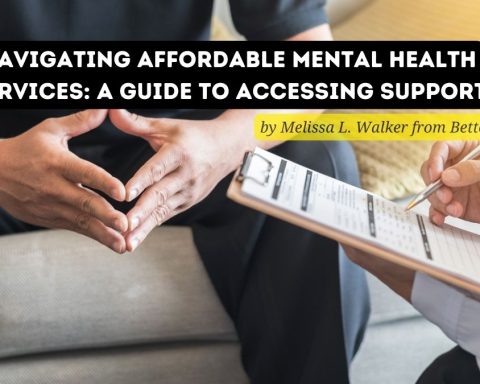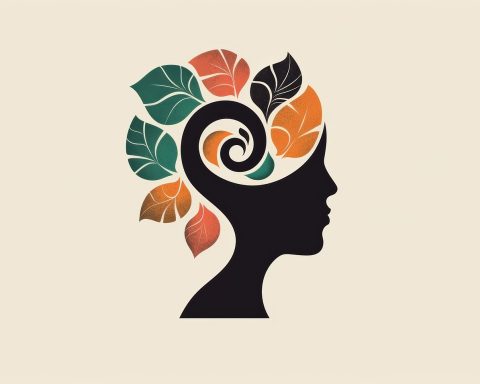Presented by BetterHelp.
Some people still aren’t aware that men and non-gestational parents can also experience emotional dysregulation after the birth of a child. Luckily, the conversation surrounding women and gestational parents and postpartum depression has gained a lot of awareness. However, are we forgetting the other half of the parenting dyad?
Postpartum depression isn’t limited to hormonal fluctuations that people who carry children experience during and after pregnancy. There are a variety of factors at play.
Male Postpartum Depression: Breaking the Silence
Research shows that up to 10% of new fathers experience symptoms of depression during the postpartum period. These individuals deserve help and understanding. But first, they need to be seen and understood.
Before examining the concept sometimes called male postpartum depression, what is postpartum depression to begin with?
What Is Postpartum Depression?
It’s common for people to feel sad, exhausted, and even a little let down after giving birth to a child. Usually, this feeling goes away within a few days. It may be caused by the intense and sometimes traumatic experience of birth, fluctuating hormones, stress or fear, or several other factors. After all, having a new baby is a major life event.
However, for some new parents, the ‘baby blues’ aren’t going away. They begin experiencing serious effects that alter their behavior and physical health. These symptoms can be scary and lead to self-consciousness or concern about attachment to and with the new baby.
The lingering, intense symptom that some gestational parents experience after childbirth is postpartum depression. It can occur alone or in conjunction with anxiety disorders.
Challenges Faced by New Fathers
In addition to the potential postpartum depression triggers related to childbirth and the associated hormones, there are some stressors related to parenthood that affect fathers and non-gestational parents as well.
- Some risk factors according to BetterHelp include:
- The age of the parent
- A history of mental health challenges or conditions
- A partner who is experiencing postpartum depression
- Financial stress
- Inability to take parental leave from work
- Hormonal fluctuations in testosterone
- Lack of sleep
- Issues in the relationship between the parents
- Whether the pregnancy was intentional
- Lack of social support
- Inadequate access to healthcare
- Health issues for the baby
Read more about non-gestational parent postpartum depression here: https://www.betterhelp.com/advice/depression/what-experts-say-about-male-postpartum-depression/
Stressors of New Parenthood
As shown in the above list, various stressors come with new parenthood. Anytime an individual is experiencing a particularly stressful time in life, they may have trouble coping.
Strong coping skills may need to be acquired to face new challenges healthily. Therapy, social support from family and friends, and even tools to help modulate physiological signs of stress may help.
Supporting New Fathers
Encouraging and normalizing open communication, encouraging professional help through therapy, and prioritizing self-care are things new parents can consider.
The National Childbirth Trust suggests some of the following tips to help new dads and non-gestational parents.
- Don’t fear holding and connecting with your new baby. Learn how to properly handle and support the infant so you feel more comfortable.
- Be honest when managing social interactions. Help from friends and family is great but all the visits can also be overwhelming. Don’t be afraid to say no.
- Support your partner to the best of your ability. This can be a bonding experience for parents who are feeling well enough to support the parent who gave birth.
- Be proactive about sleep schedules. Make sure to get sleep when you need it and cooperate with your partner, family, and friends to care for this important part of your health.
- Participate in feedings. Even if your partner is breastfeeding, ask how to share this time and support them.
Don’t overlook the importance of partners and support networks in providing emotional support and practical assistance to new parents of all genders.
Parenting Is Not Gender Specific
Regardless of gender, each parent deserves support after the birth of a new child. It’s important to recognize and address male postpartum depression.
The support and understanding from a couple’s social network can be critical for new fathers navigating the complexities of parenthood.
Everyone in society can help bring light to this issue by continuing the conversation about male PPD and advocating for greater awareness and resources for fathers’ mental health.








